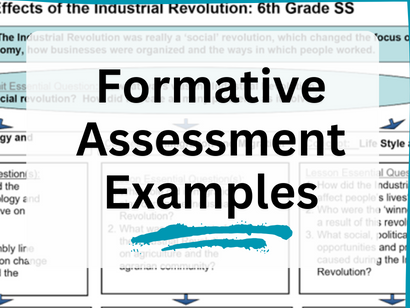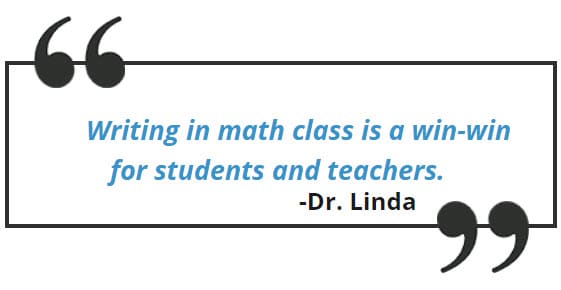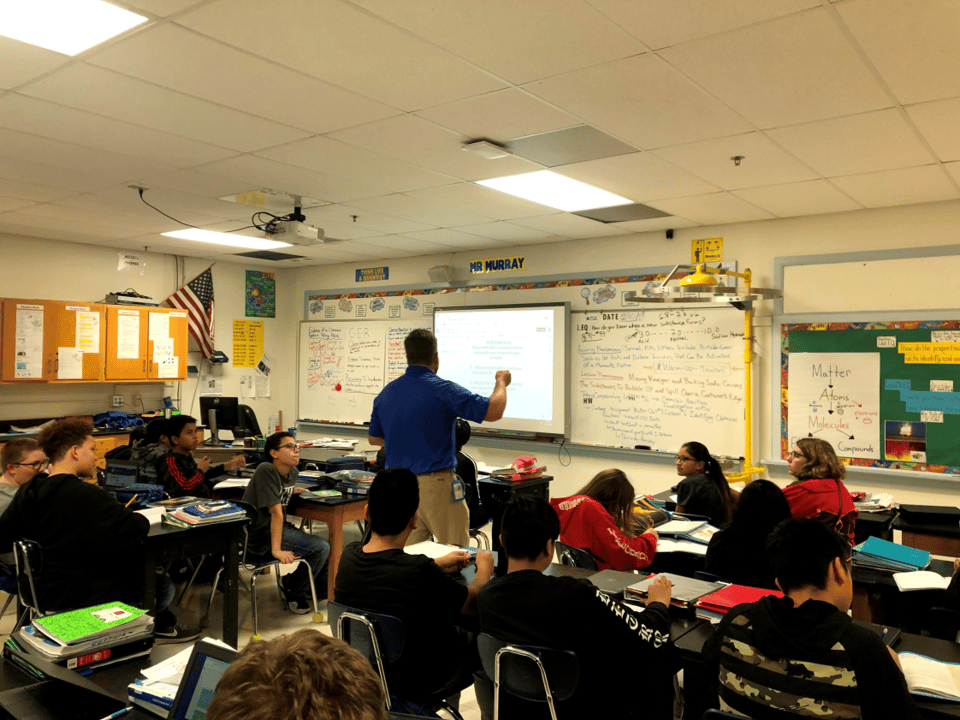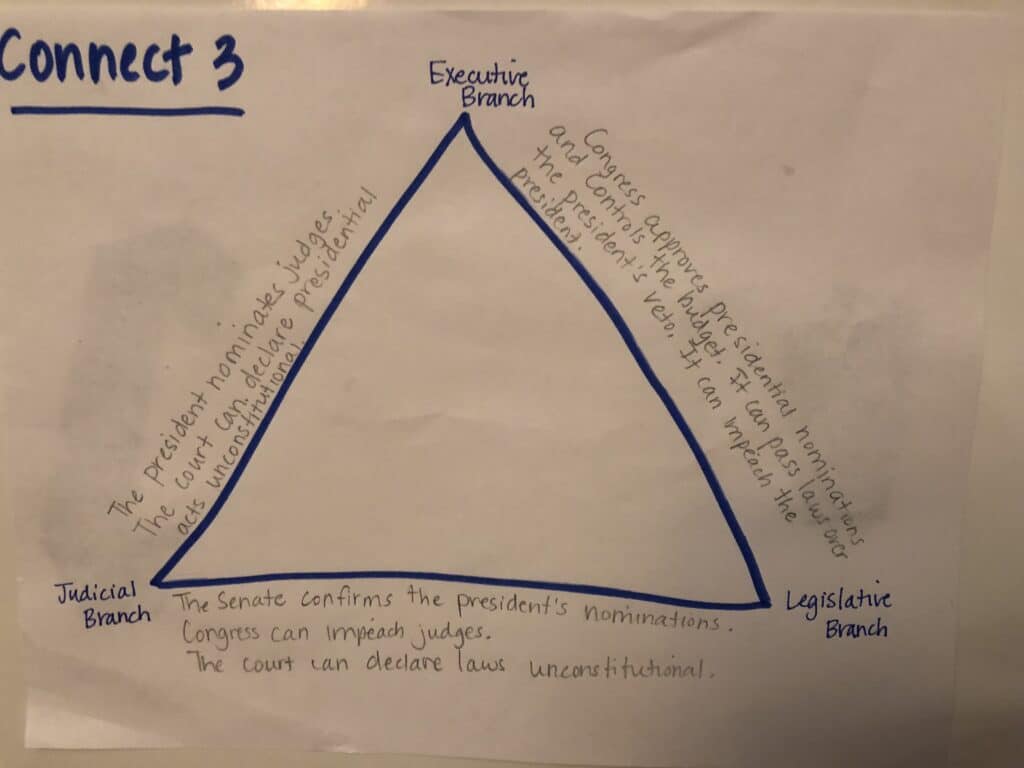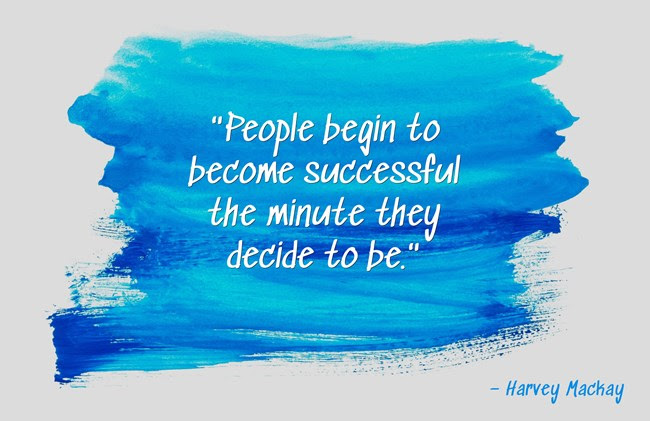Lindsey Hampton
During her 20+ years in education, Lindsey has been an elementary and secondary classroom teacher, an instructional coach, and a specialist in teacher induction. She has collaborated with teachers and administrators nationwide to develop learning partnerships that focus on evaluating and implementing High Yield Instructional Strategies. Her instructional coach and specialist background have led her to the philosophy that improvement must be viewed as a continuum, a means to refine and adapt the improvement of instructional practices continually. She has presented this theme and many others on teaching and learning at numerous conferences in FL, KY, TN, NC, and PA. Her contributions to Learning-Focused include developing new resources and workshops, providing leadership and instructional training and coaching.The end of the year always brings up an important topic: What is the best way to organize and provide student review strategies? However, if we only review at the end of the year, we have missed an opportunity to improve student outcomes. At its most effective, review is meant to be provided year-round and…
Read MoreWhy is Writing to Raise Achievement so important to use throughout every lesson? Let’s start by explaining more about Writing Across the Curriculum. What Does “Writing Across the Curriculum” Mean? Writing Across the Curriculum refers to the notion that content area teachers reinforce the benchmarks that ELA teachers traditionally teach in their lessons. All teachers…
Read MoreThe Challenge of Giving Consistent Student Feedback Learning without monitoring is like driving without a destination; you may never arrive anywhere. Anyone who has ever tried to learn something new knows the value of monitoring, both personally and by an instructor. Without this reciprocal responsibility, it’s possible to never “arrive” at our intended destination, such…
Read MoreFor the last two years, I have had the privilege to work with the Hiwassee Dam Elementary and Middle School teachers in Cherokee County, NC. In October, during a coaching conversation, a middle school teacher told me she intended to incorporate more writing in her 8th-grade math class. At that time, her students had already…
Read MoreHave you ever considered how you approach travel planning may be the same as how you approach curriculum planning? I love traveling, but I must sheepishly admit I think I like planning for it even more. Over the years, I have planned trips with a myriad of people, and I have noticed three distinctive types…
Read MoreFor Instructional Improvement, Address the Knowing-Doing Gap Represented In Instructional Continuums
If learning can be thought of as a continuum or an ongoing journey to improve, adapt, and grow, then so must instruction. After all, instructional improvement, or effective instruction, is largely an outcome of a teacher’s understanding and use of specific strategies, skills, and structures – each ranging in its use and effectiveness. It is…
Read MoreHow many unknown vocabulary words in a text can a student skip over before comprehension is affected? Read this altered text and try to construct its meaning: The fribble has a large head with two eyes that can see very well. They are able to see fish and objects that others might miss. Shucky arms…
Read MoreIs school just beginning? Check out our new article, “Designing for Success: Balancing Visual Stimuli in the Learning Environment.” If the school year is wrapping up, you’re in the right place. While some schools have already said, “See you next year!” to their students, many others are still in the midst of preparing for this…
Read MoreWhy are some students reluctant to learn? Experienced teachers will tell you that there are many reasons why a student may be less than enthusiastic about learning, such as hunger, a lack of support at home, feeling emotionally distressed or worried, or a lack of self-confidence. In fact, this last reason can be one of…
Read MoreTechnology has often been seen as a catalyst that would revolutionize education. But whether that technology was papyrus and ink, slate and chalk, the Socratic Method, or a Chromebook, what has remained a constant, proven repeatedly by research, is that technology is only a means to an end and that in itself, does not lead…
Read More


